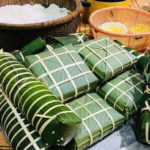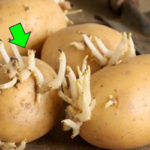Many utensils and foods in our kitchen are at risk of containing aflatoxins. This is an extremely dangerous type of toxin, with different forms such as aflatoxin B1, B2, G1, G2, etc. These toxins are a serious culprit for causing liver cancer in humans and animals. Aflatoxins are 68 times more toxic than arsenic and 10 times more toxic than cyanide. In 1993, the World Health Organization’s International Agency for Research on Cancer classified aflatoxins as a Group 1 carcinogen.
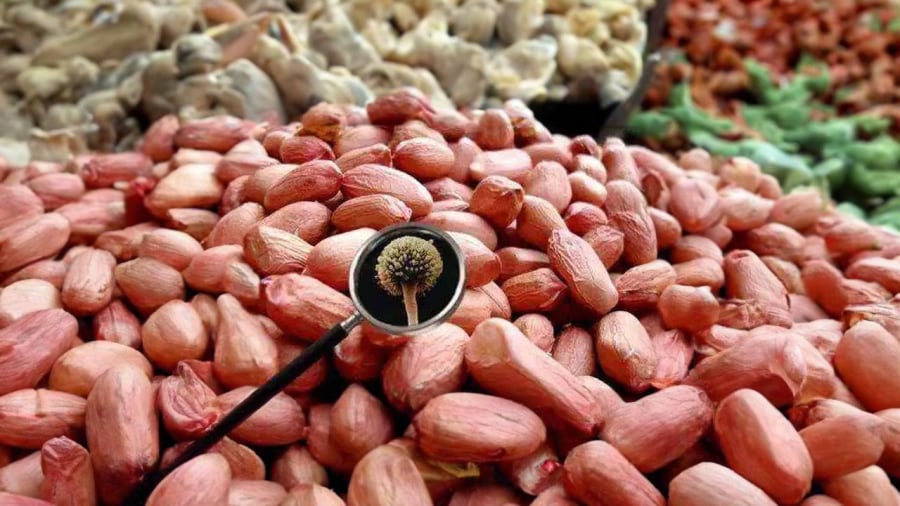
Due to the dangerous nature of aflatoxins, the Food Safety Bureau requires that all food products be tested for aflatoxins, and this is a mandatory testing requirement for most foods before they are granted licenses by the Food Safety Bureau.
Aflatoxins are produced by certain types of mold and are more resistant to high temperatures, requiring temperatures above 260°C to be eliminated.
However, aflatoxins pose potential risks and can be found in many common household items, such as:
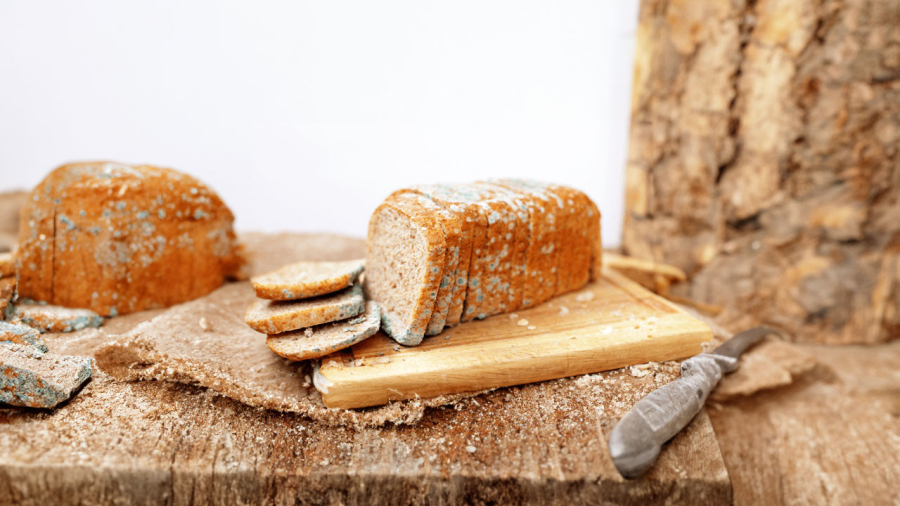
Mold-infested seeds and foods
Aflatoxins are commonly found in mold-infested foods, especially those with high starch content such as peanuts, corn, rice, millet, beans, ginger, cakes, and candies. Starches that are spoiled can produce Aspergillus aflatoxins, a carcinogenic substance for the liver, in high-heat and humid environments.
Therefore, it is crucial to avoid eating moldy foods. It is also advisable not to store large quantities of food to prevent mold growth, as it can be extremely hazardous. Should any food item be contaminated with mold, it should be discarded.
Foods such as fruits, vegetables, ginger, and garlic can also produce aflatoxins when infested with mold, and the toxins can spread to the unaffected parts. Seeds like melon seeds, sunflower seeds, and pumpkin seeds are also prone to mold growth. Sometimes, we may taste a bitter flavor in these foods but overlook it. It is important to note that aflatoxins are highly harmful.
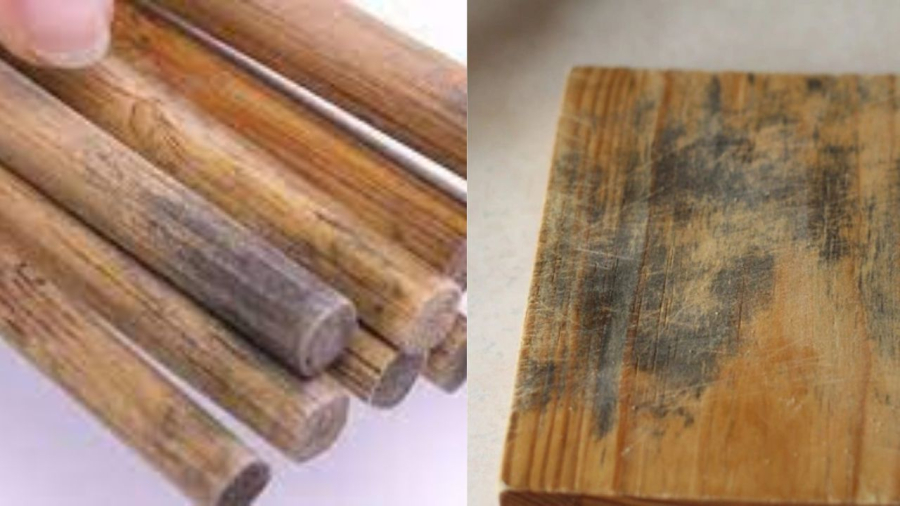
Mold-infested utensils like chopsticks, cutting boards, spatulas, and rubber gaskets
Many kitchen utensils are difficult to clean, such as cutting boards, chopsticks, spatulas, and rubber gaskets. They can harbor bacteria and mold, leading to the production of aflatoxin and other harmful substances.
Especially in humid weather, these objects are more prone to mold growth. Some families tend to keep their chopsticks and cutting boards without replacement. However, these utensils have a limited lifespan: chopsticks can last a few months to a year, while cutting boards should be replaced every three years. Although replacing them may incur some additional costs, it ensures the safety of your health.
Poorly processed oils and peanut butter
When purchasing cooking oils and peanut butter, it is important to pay attention to the processing facilities. If the processing is not well-managed or cost-cutting measures are taken, there is a higher risk of using raw materials that are not guaranteed to be safe and may contain mold or other toxic substances. Furthermore, the production and storage processes of these facilities are often simple and prone to contamination with impurities. Therefore, the quality of these food items needs to be carefully considered.
Proper soaking of dried foods
According to media reports, a family in Zhejiang, China experienced food poisoning after consuming soaked mushrooms for 3 days, resulting in multiple organ failure and critical condition. The cause, according to medical diagnoses, was microbial toxins, including aflatoxins. Therefore, it is important to be cautious when soaking foods for too long, as it can lead to mold growth. Similarly, during the process of making green bean sprouts, if not careful, they can become contaminated with bacteria and mold due to high levels of humidity. Hence, it is necessary to thoroughly inspect the final products and discard any with mold before consumption.
To mitigate the risk of aflatoxin toxicity, it is essential to be careful with both food sources and kitchen utensils in your home. Partially moldy foods should be discarded as they can potentially transmit toxins to the unaffected parts.
Consuming a diet rich in vegetables and fruits can help reduce the absorption of aflatoxins and minimize the harm caused by these toxins.
8 Common Mistakes People Make with Cutting Boards
Are you using your cutting board correctly? Many Vietnamese households rely on cutting boards in their kitchen, but not everyone knows how to use them properly, especially when it comes to wooden cutting boards. Check out these 8 mistakes to avoid when using a cutting board to ensure both hygiene and safety for everyone in your family.
Is Refrigerated Leftovers Linked to an Increased Risk of Cancer?
Dr. Lam Van Man, Head of Research, Development and Technology Transfer Department of the Institute of Safety Food, has warned of the risk of food poisoning when reheating leftovers from the refrigerator. But what should we be aware of when it comes to the possibility of these leftovers causing cancer? Here, we explore what the experts have to say on the matter and offer some tips for safe eating.
Preserving Leftover Food from the Tet Holiday
With the beginning of the Lunar New Year, many households are stocking up on food to celebrate the festive occasion. While keeping food in the refrigerator is convenient, it can also be harmful to users if not done correctly. We have compiled a few tips to help ensure food remains fresh and safe to consume during Tet.


























